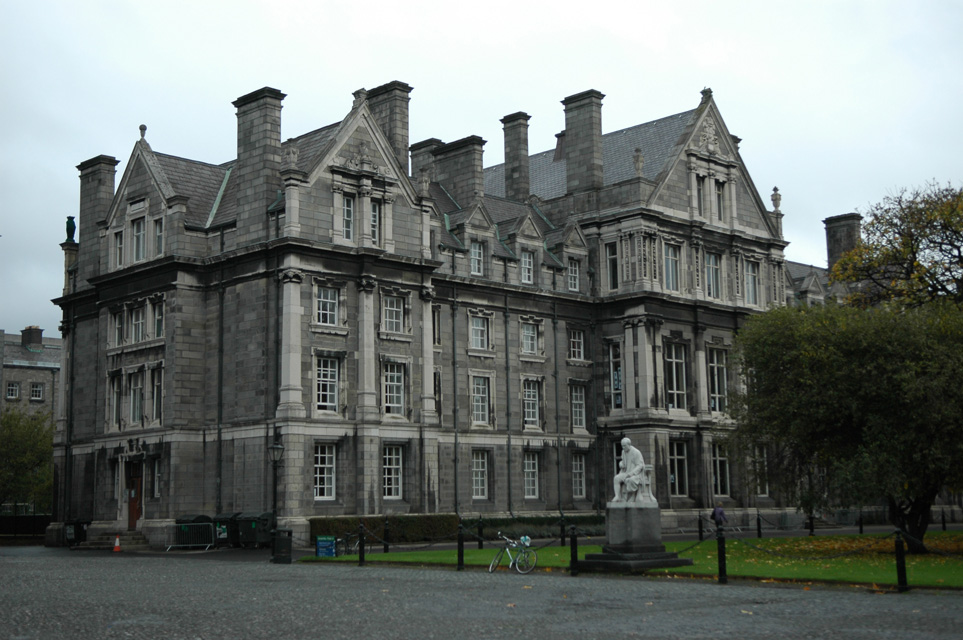The Higher Education Authority’s (HEA) annual performance report for 2014-2016 shows that Irish institutions have expanded to include an extra 15,000 students. Meanwhile, staff-student ratios are significantly deteriorating, compared to the average in developed countries, rising from 1:16 to 1:20.
The report states, “It is reasonable to conclude that the departure of the staff-student ratio from stable international norms will impact the quality of the student experiences”.
While having one of the highest third level progression rates in Europe, the Cassells report, cited by the HEA, noted that the quality of Ireland’s graduates are affected by funding-related issues such as “an increase in class sizes, reduction in smaller tutorial groups, less one-on-one contact, project work, feedback and less time to accommodate diverse learning styles”.
The performance report also identifies 11 of the 26 higher level institutions in deficit, producing “major sustainability problems” in higher education. The situation is most challenging for institutes of technology, where there is uncertainty over the viability of up to six colleges due to deficits.
The report also highlights the high drop-out rate especially in areas such as computer science and engineering where it is at 26% in institutes of technology and 15% in universities.
While third level institutions have been successfully securing EU research funds, there is a decline in Irish investment in this sector.
Since 2008, investment in research and development has fallen to 15%, while the number of research students has dropped to 30%. The report notes this is due to factors such as reduced core funding, student finances and fewer staff for research supervision.
However, Minister for Education Richard Bruton said the government was making the first significant investment in higher education next year. According to the Irish Examiner, a total of €160m will be invested over the next three years, beginning with an instalment of €36.5m in 2017 and a further €70m in 2018 and 2019.







